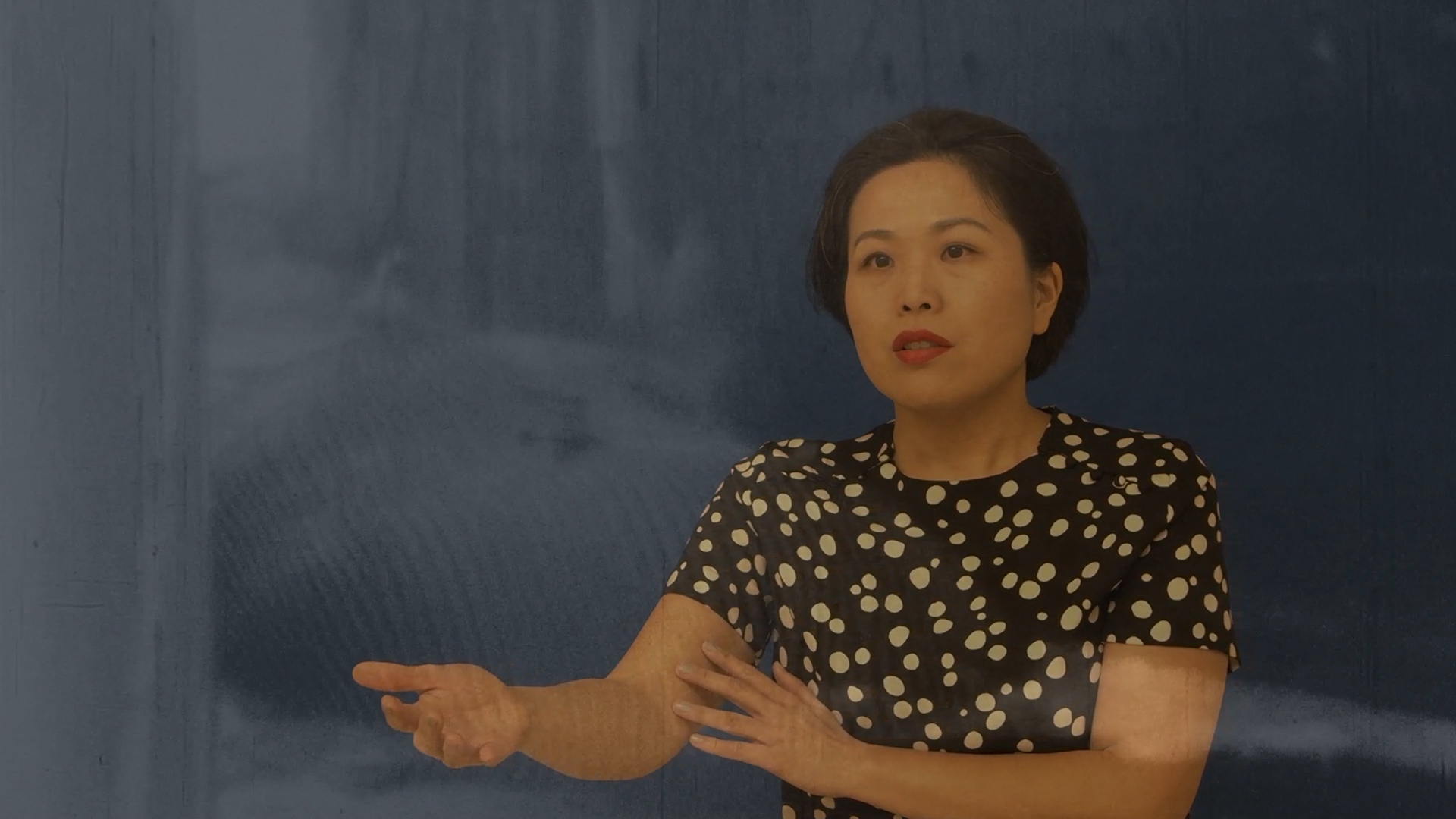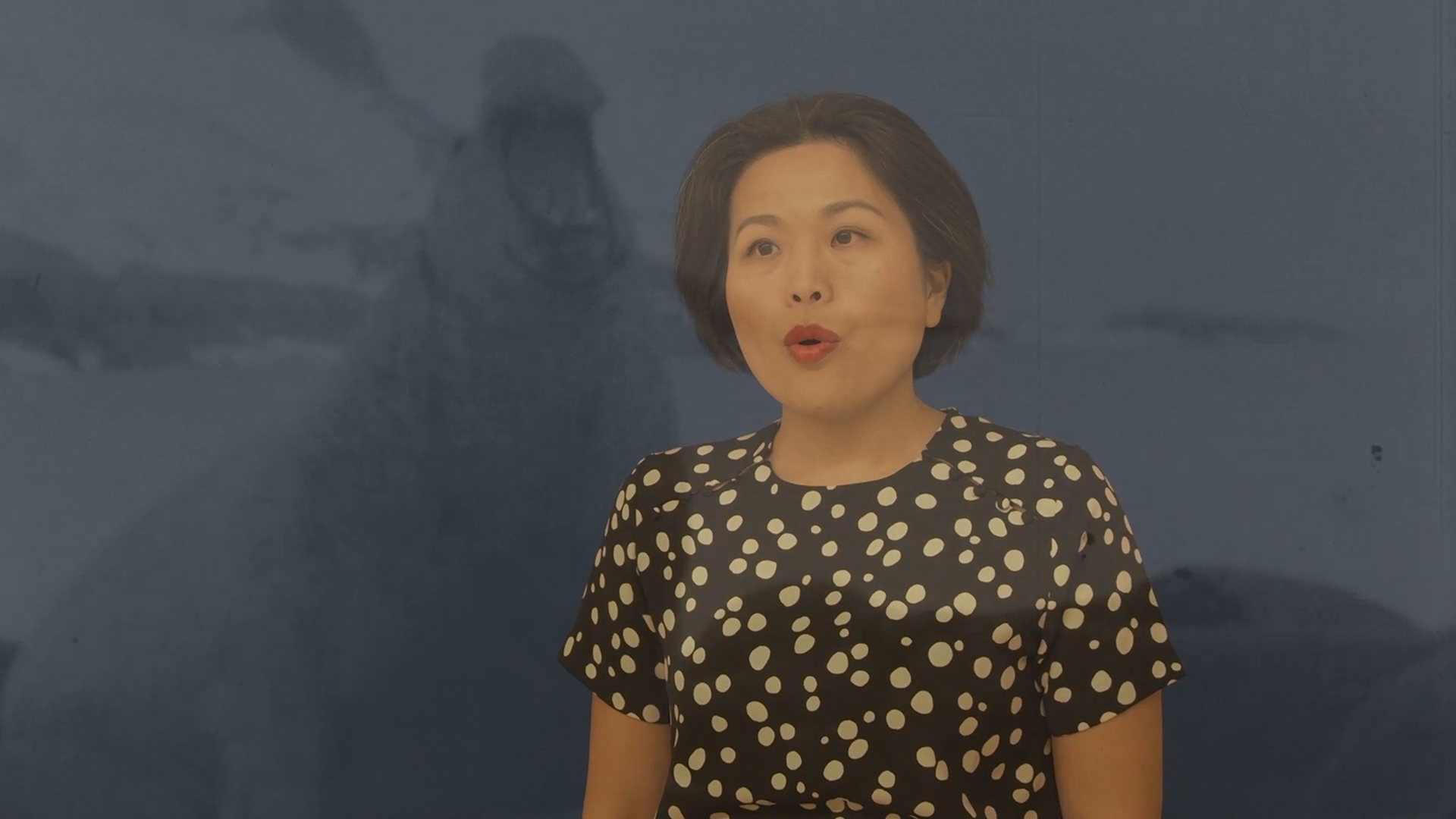In the archival multiverse,
the blubber decays
but the fever increases.
Lecture-Performance (2021), 30 min.
The presented work is composed by Marc Johnson — a memory worker — who is currently a PhD candidate in performative and media-based practices at the Stockholm University of the Arts. The shared perspectives are engaging issues of violence from the center of an artistic practice-based research focused on archival practices and concerned with how a documentary heritage circulates, is formed, debated, shared, and re-interpreted. The lecture performance was first performed at the “VIOLENCE”: the fourth biennial PARSE Research Conference at the Faculty of Fine, Applied and Performing Arts, University of Gothenburg, Sweden on November 18th, 2021..
The lecture-performance starts by considering the “Rights of Nature” — from recent environmental litigations in Aotearoa (New Zealand), Bolivia, and Ecuador — which focus on the idea of legal standing. What does it take to enforce the legal personhood of a river or other natural entities?
Marc Johnson investigates and reflects on some ways to deal with representations of murdered bodies — human and more-than-human (cellular life forms) — without replicating historical patterns of abuse? Under what conditions shall these documents, artifacts or, images be seen?
Marc Johnson collaborates with Hitomi Ohki 大木瞳 — Soprano singer — to expose how polyphony[1] and counterpoint[2] applied to cinema can be used practically to navigate the uncertain archive(s) of violence studies.
Marc Johnson addresses the dynamics of archival silences[3] and archival amnesty[4] as an important reminder of the ways in which violence — despite its presence in the everyday life of most people mainly through paper-based, and online news media (including social networks) — can also be deeply buried and invisible through institutional and corporate powers and other means; nonetheless impacting the lives of ordinary people (as opposed to powerful people, military, political and business leaders).
The proposal does not intend to resolve; but rather to expose and to put oneself in the presence of using the means of montage.
Skepsis is the deployed strategy throughout the duration of the time-based work as defined by Jacques Derrida as a “vigilance, and attention of the gaze during an examination. […] One is on the lookout, one reflects upon what one sees, reflects what one sees by delaying the moment of conclusion.”[5]
[1] A process of combining two or more voices so that they harmonize with each other but maintain their individuality.
[2] A process of adding one or more melodies as an accompaniment to a given melody according to certain fixed rules; a composition in which melodies are thus combined.
[3] Rodney G. S. Carter, “Of Things Said and Unsaid: Power, Archival Silences, and Power in Silence,” Archivaria, September 25, 2006, 215–33.
[4] Tonia Sutherland, “Archival Amnesty: In Search of Black American Transitional and Restorative Justice,” ed. Michelle Caswell, Ricardo Punzalan, and T-Kay Sangwand, Journal of Critical Library and Information Studies, Critical Archival Studies, 1, no. 2 (2017): 1–23, https://doi.org/10.24242/jclis.v1i2.42.
[5] Jacques Derrida, Memoirs of the Blind: The Self-Portrait and Other Ruins, trans. Pascale-Anne Brault and Michael Naas (Chicago: University of Chicago Press, 1993).
Directed by
Marc Johnson
Soprano Singer
Hitomi Ohki
Live technician
Jenni-My Andersson
Producer
Uniarts
Duration
30 minutes
Date
2021
Contribution (to-date)



